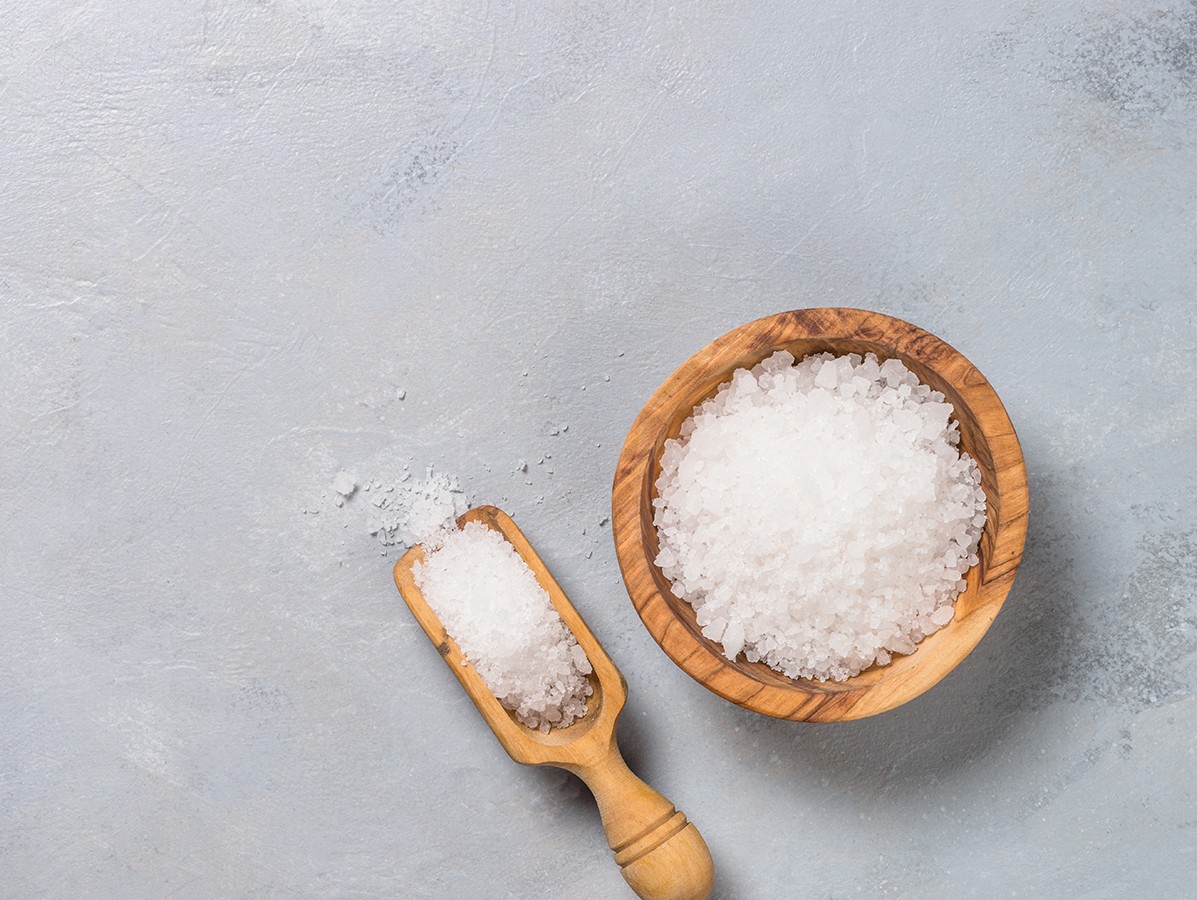
The food industry has been making agreements to reduce the levels of salt, sugar and fat (including saturated fat) in foods since 2014, when the National Agreement to Improve Product Composition (AVP) was drawn up. According to RIVM, these agreements are modest steps in lowering the daily intake of salt and sugar of the Dutch population.
The RIVM has estimated the effects of the agreements on daily salt and sugar intake several times throughout the duration of the agreement. The most recent estimates (covering the period up to mid-2019) indicate that, as a result of the agreement, on average, adult Dutch people may consume 0.5 gram less salt and 4 grams less sugar per day compared with the situation prior to the agreement.
This time, the effect of the agreements that have been established since mid-2017 were also taken into account. The effect of these new agreements on the aforementioned decrease in intake was small: on average, Dutch people consume 0.05 gram less salt and 1.5 grams less sugar per day than the estimated intake before this period as a result.
On average, adults in the Netherlands consume 8.7 grams of salt and 114 grams of sugar through their food every day. These quantities are well above the recommended quantities. The daily reference intake for salt is 6 grams per day. There is no reference intake for the total quantity of sugar, but the aim is limit the intake of added sugar as much as possible.
The agreements made pursuant to the AVP are intended to achieve the required result by 2020. RIVM makes these estimates based on food consumption figures and data from manufacturers about their products (NEVO). For saturated fat fewer agreements, including very specific products, were made. The impact of these agreements is expected to be minimal and has therefore not been calculated.
Source: © RIVM